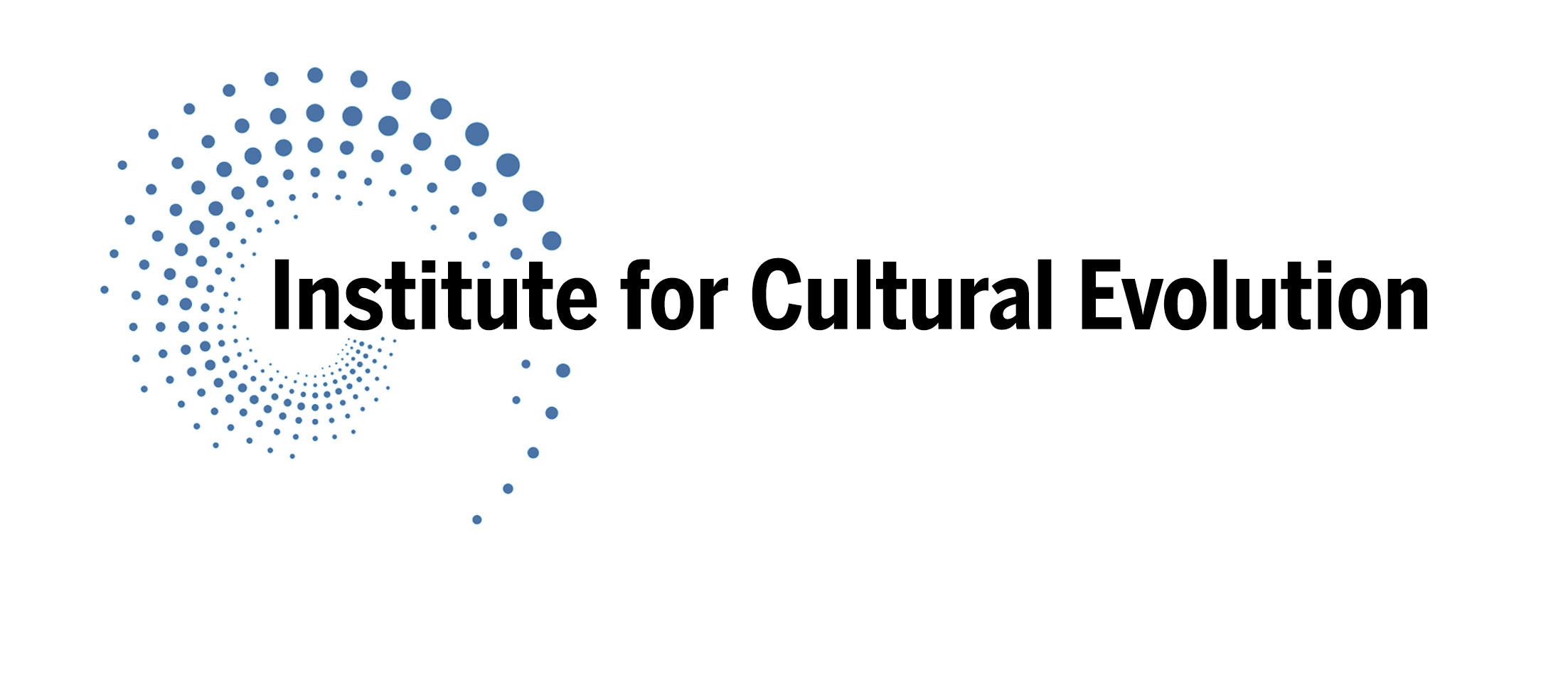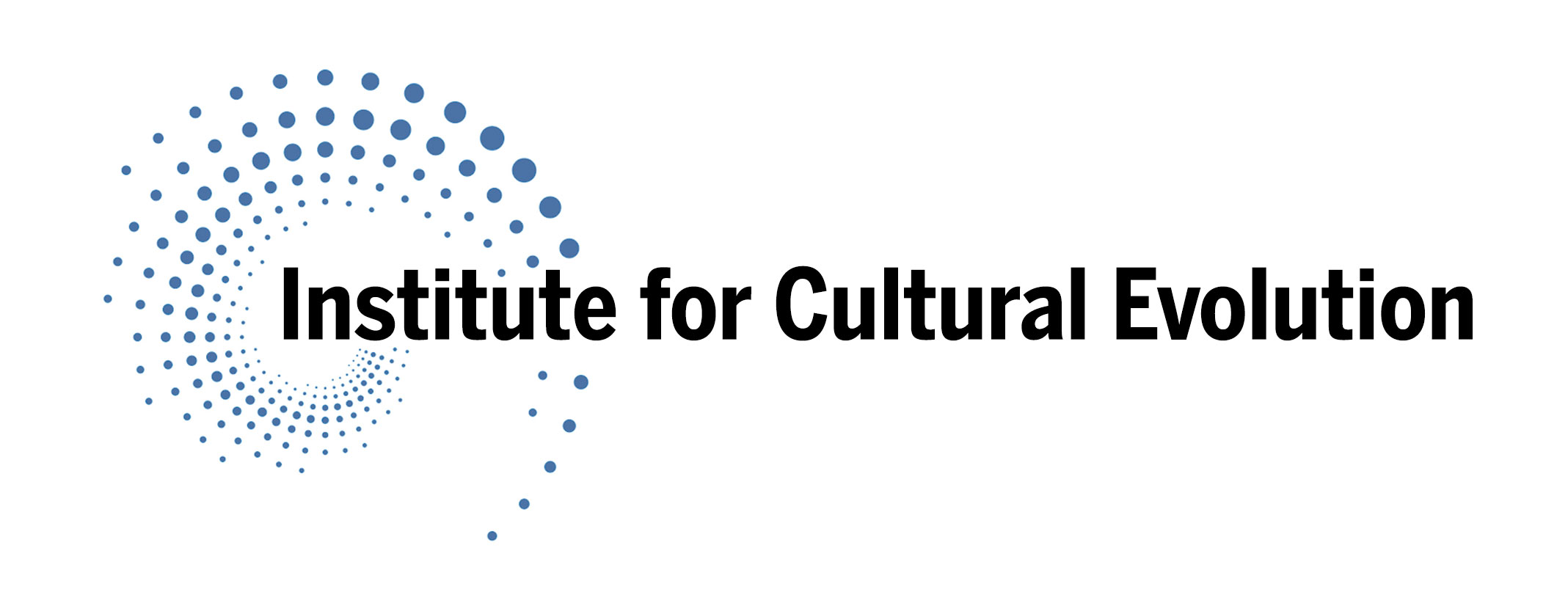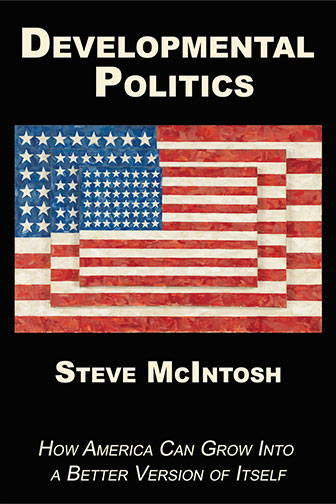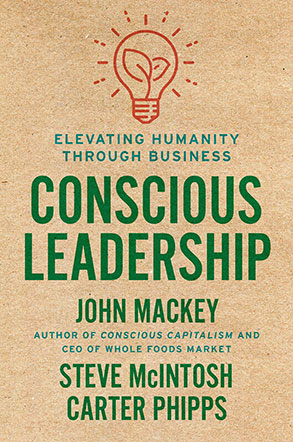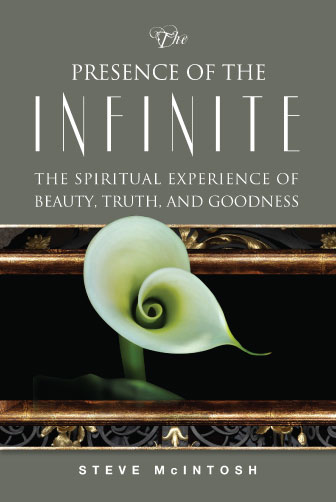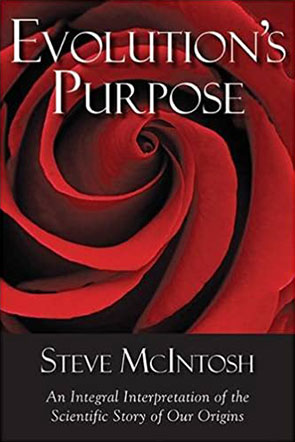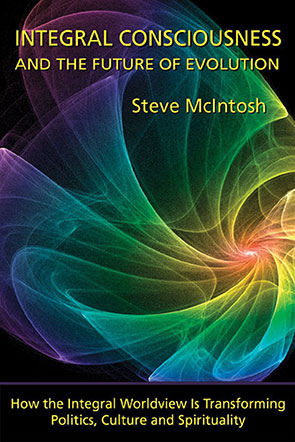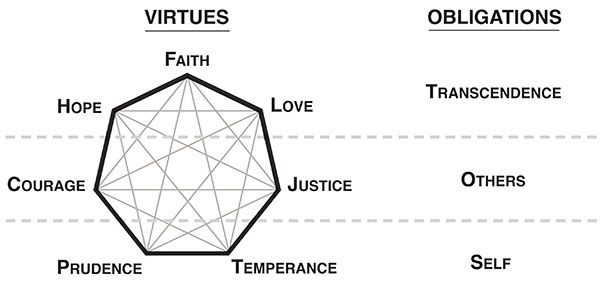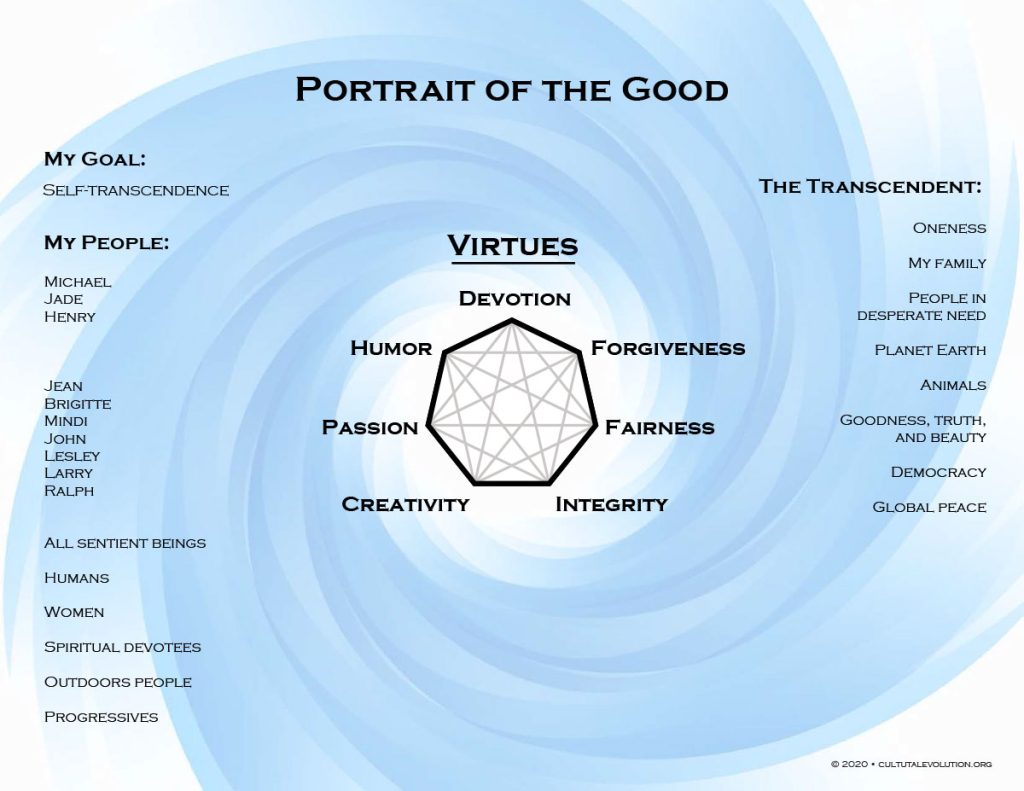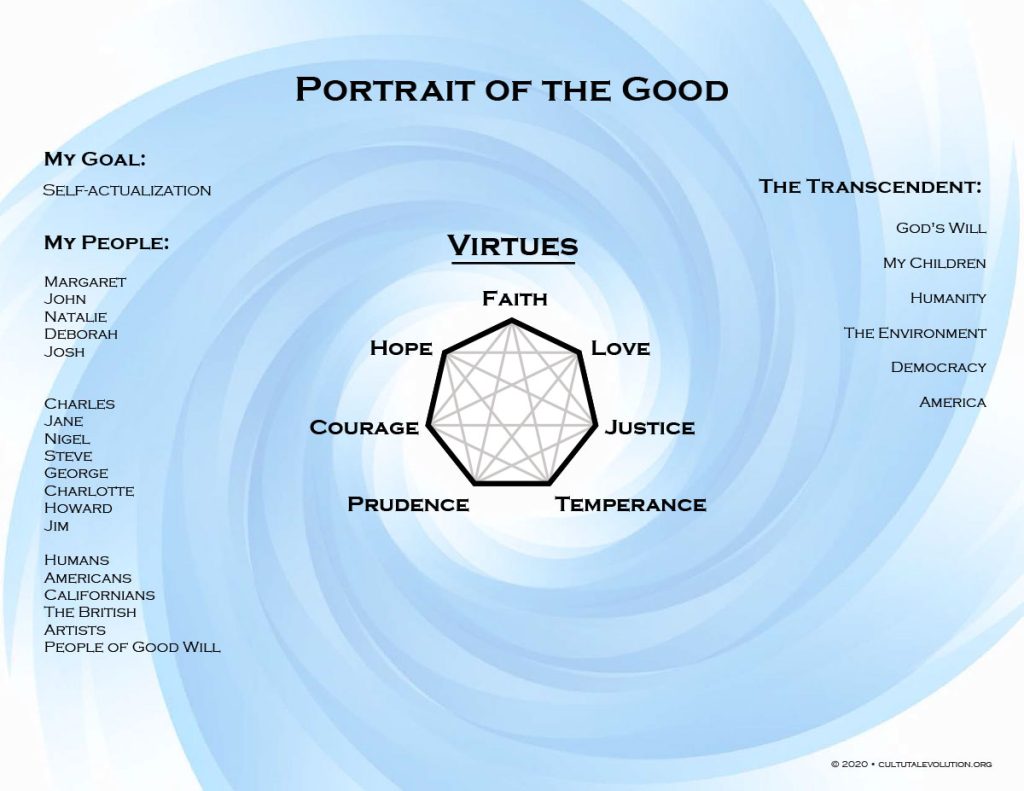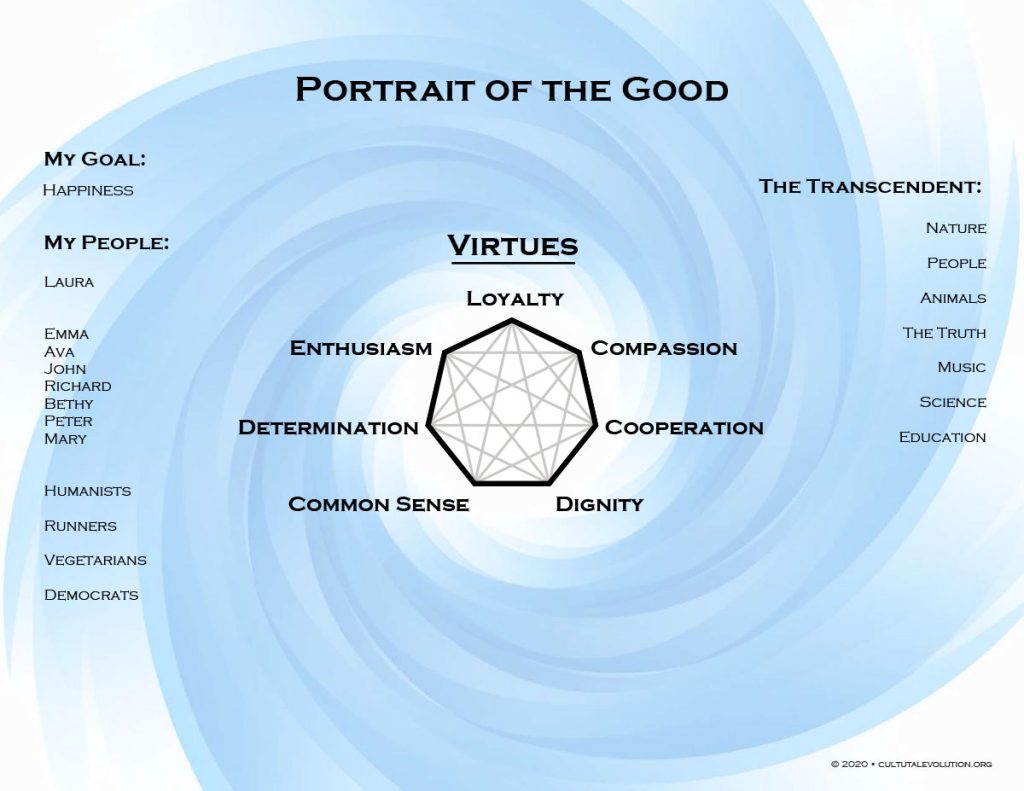Steve McIntosh

Steve McIntosh
Director and Co-Founder
Author of Developmental Politics
Steve McIntosh is a Director and co-founder of the Institute for Cultural Evolution. He now leads the Institute's flagship program: The Developmental Politics Project.
Steve is a leader in the integral philosophy movement and author of the 2020 book: Developmental Politics—How America Can Grow Into a Better Version of Itself, which provides a definitive description of the Institute's unique political perspective. McIntosh’s innovative political thinking has been featured on NPR, USA Today, The Daily Beast, Real Clear Politics, The National Journal, The Hill, and in a wide variety of other media. He has also written numerous influential articles on political evolution. In addition to Developmental Politics, McIntosh has authored three previous books on integral philosophy, as shown on the right.
McIntosh is also coauthor of Conscious Leadership: Elevating Humanity Through Business, with John Mackey and Carter Phipps.
Prior to co-founding the Institute for Cultural Evolution in 2013, McIntosh had a variety of other successful careers, including founding the consumer products company Now & Zen, practicing law with one of America’s largest firms, working as a corporate executive, and Olympic-class bicycle racing. He is an honors graduate of the University of Virginia Law School and the University of Southern California Business School.
Integral Philosophy
McIntosh became a dedicated scholar of philosophy and religion in his teens. He was especially drawn to the evolutionary philosophy of Pierre Teilhard de Chardin, and later to the work of Alfred North Whitehead, Ken Wilber, and Holmes Rolston. In 2000 he joined Wilber’s Integral Institute think tank, but left on good terms in 2003 in order to make an independent contribution to integral philosophy. His first book, Integral Consciousness, was published in 2007, followed by Evolution’s Purpose in 2012, The Presence of the Infinite in 2015, and Developmental Politics in 2020.
Business Experience
Upon graduating from UVA law school in 1987, McIntosh became a member of the California bar and began practicing corporate law with Pillsbury, Madison & Sutro, the state’s largest law firm. In 1990, after three years of law practice he was recruited to become Vice President of a start-up environmental products company in Boulder, Colorado called Earth Wise, Inc. Then in 1991, Earth Wise was acquired by Celestial Seasonings tea company where he served as Director of Corporate Development and General Counsel. In 1995, he left his position at Celestial Seasonings to found Now & Zen, Inc., a brand of “natural lifestyle products,” featuring the famous line of Zen Alarm Clocks, which McIntosh conceived, designed, and patented. In 2012, McIntosh stepped down from his position as CEO of Now & Zen to cofound ICE.
Education
After graduating from high school in Los Angeles where he grew up, McIntosh received a bachelor of science in business administration from USC in 1984. His major emphasis was in USC’s Entrepreneur Program, where he received the program’s highest honor: The Best Business Plan Award. Then in 1987 he graduated among the top of his class from the University of Virginia Law School where he served as Articles Editor of the school’s prestigious law review. Since the completion of his formal education he has continued to educate himself through voracious reading and extensive travel.
Other Life Experiences
In the 1970s McIntosh was active in the counter culture, and traveled extensively in Europe. Beginning in 1979 he dedicated himself to bicycle road racing, winning major races throughout North America in 1980 and 1981. Then in 1982 he became a member of the world’s first factory sponsored mountain bike racing team. After finishing law school, he traveled throughout Asia and spent a month in Tibet, reaching the 20,000 foot level on Mt. Everest. McIntosh married in 1989, and had a son, Ian McIntosh, in 1992. He was divorced in 1994, after which he became the sole custodian and primary parent of his son. In 1999 McIntosh met the love of his life, Tehya, whom he married in 2003. In 2005 Tehya gave birth to Peter McIntosh, the couple’s first child and Steve’s second son. Since 2008, the McIntosh’s have divided their time between their Victorian home in downtown Boulder, Colorado, and their desert retreat—an off-the-grid yurt on 5 acres in Castle Valley, near Moab, Utah.
For more on McIntosh’s work visit: www.stevemcintosh.com
Books by Steve McIntosh
This groundbreaking book presents a new “politics of culture” that can overcome hyper-partisan political polarization.
Exploring the vision, virtues, and mindset needed for innovative, value-based leadership in business and society.
brings new light to the important subject of spiritual experience, and the cultural leadership potential of evolutionary spirituality.
presents a fresh and compelling view of the scientific facts of evolution, and shows how a deeper understanding of evolution itself can lead directly to a more evolved world.
provides an accessible introduction to the power of the integral perspective, while also making a variety of original contributions in the application of integral philosophy to politics and spirituality.

